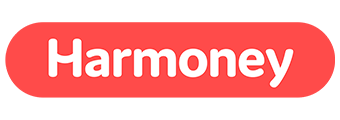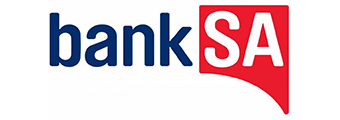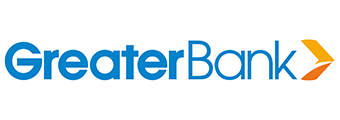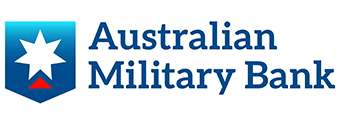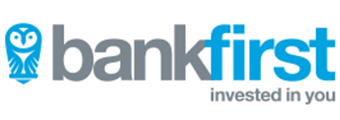Fact Checked
| Lender | Car Loan | Interest Rate | Comparison Rate* | Monthly Repayment | Interest Type | Vehicle Type | Maximum Vehicle Age | Ongoing Fee | Upfront Fee | Total Repayment | Early Repayment | Instant Approval | Online Application | Tags | Row Tags | Features | Link | Compare | Promoted Product | Disclosure |
|---|---|---|---|---|---|---|---|---|---|---|---|---|---|---|---|---|---|---|---|---|
5.76% p.a. | 6.55% p.a. | $577 | Fixed | New, Used | No Max | $0 | $275 | $34,599 | ||||||||||||
6.74% p.a. | 7.57% p.a. | $590 | Fixed | New, Used | No Max | $0 | $595 | $35,422 | ||||||||||||
6.45% p.a. | 6.45% p.a. | $586 | Fixed | New, Used | No Max | $0 | $0 | $35,177 | ||||||||||||
7.49% p.a. | 8.54% p.a. | $601 | Fixed | New, Used | No Max | $12 | $250 | $36,060 | ||||||||||||
7.99% p.a. | 8.31% p.a. | $608 | Fixed | No Max | $0 | $225 | $36,489 | |||||||||||||
8.20% p.a. | 8.27% p.a. | $611 | Fixed | New, Used | No Max | $0 | $0 | $36,670 | ||||||||||||
7.75% p.a. | 9.15% p.a. | $605 | Fixed | New, Used | No Max | $15 | $0 | $36,283 | ||||||||||||
8.98% p.a. | 9.34% p.a. | $622 | Fixed | New, Used | No Max | $0 | $250 | $37,348 | ||||||||||||
8.99% p.a. | 9.35% p.a. | $623 | Fixed | New, Used | No Max | $0 | $250 | $37,356 | ||||||||||||
8.99% p.a. | 9.38% p.a. | $623 | Fixed | New, Used | No Max | $0 | $275 | $37,356 | ||||||||||||
8.99% p.a. | 10.02% p.a. | $623 | Fixed | New, Used | No Max | $10 | $249 | $37,356 | ||||||||||||
9.99% p.a. | 10.65% p.a. | $637 | Fixed | New, Used | No Max | $5 | $199 | $38,236 |
Frequently Asked Questions
Some lenders will let you make reduced monthly repayments in return for one lump sum payment made at the end of the loan term called a balloon payment. But usually, the total repayments on the loan with a balloon structure end up being higher than a loan without one. So though it may seem like it will save you money, in most cases, it will not. Make sure you work out the calculations before deciding a loan with a balloon payment structure is right for you.
This will depend on the lender, but generally, you can expect to borrow anywhere from $10,000 to $50,000. Recent research from Plenti revealed the average car loan size in Australia is roughly $31,000, however, this doesn’t take into account whether the car loan is secured or unsecured.
The loan term is essentially the life of your loan, or how long it will take you to pay it back. Car loan terms usually range from around three to 10 years depending on the loan size (how much you borrow) and the lender.
As we mentioned, if you default on your loan, your lender may pass your details along to a collection agency to recoup their losses. Alternatively, they may file a civil suit. Additionally, you will likely find that they will pass your details onto a credit reporting bureau, which will see your default recorded on your credit report. This could impact your credit score and your ability to access finance in the future.
A credit score between 500 and 700 is generally considered to be average. Your lender may have specific credit score requirements that must be met to apply for an unsecured car loan. This is due to the increased risk involved.

